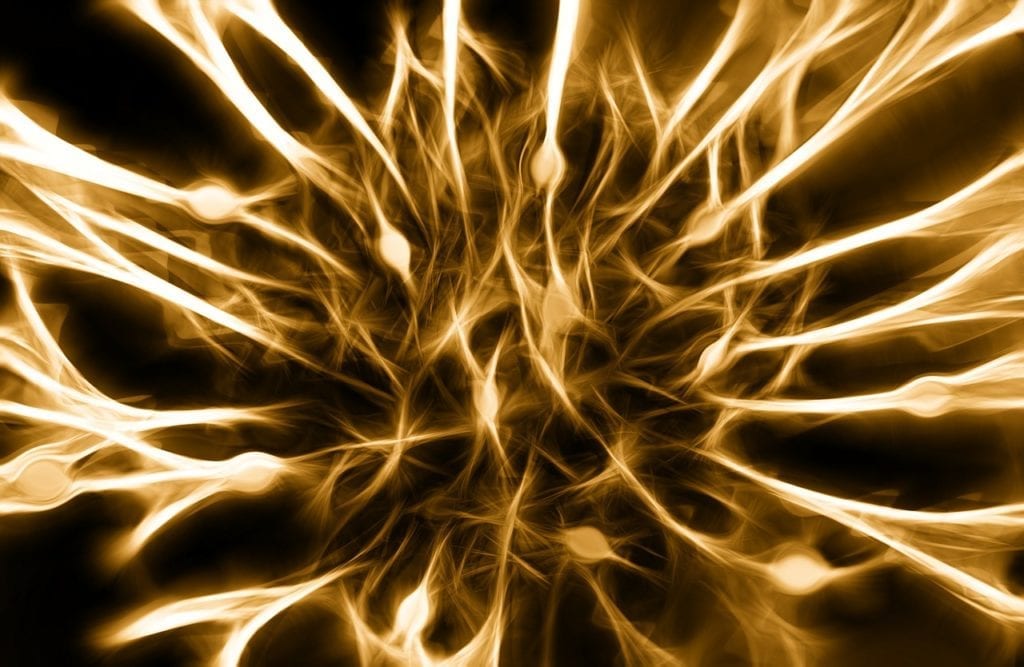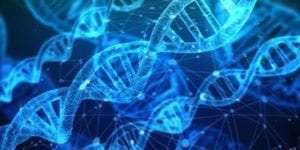In a late January 2022 news release, gene therapy company Taysha Gene Therapies, Inc. (“Taysha”) shared that trial data was now available on TSHA-120. The therapy, designed to treat giant axonal neuropathy (GAN), could fill a huge unmet need, as there are currently no approved treatments available. As a result, the condition is often fatal by the late teens or early 20s. However, the positive efficacy, safety, and durability data highlights the potential for TSHA-120 to significantly improve patient outcomes.
About TSHA-120
According to Taysha, TSHA-120 is:
a clinical-stage AAV9 gene therapy program being developed for the treatment of giant axonal neuropathy, or GAN, which is a rare autosomal recessive disease of the central and peripheral nervous systems caused by loss-of-function gigaxonin gene mutations. TSHA-120 is an AAV9 self-complementary viral vector that encodes the full length human gigaxonin protein.
Some of the data shared within the positive findings include:
- 3.5×1014 total vg TSHA-120 helped reduce rates of decline and slowed disease progression. Other doses, including 1.2×1014 total vg, 1.8×1014 total vg, also helped slow disease progression. Researchers measured this against natural history studies to help determine the efficacy. Ultimately, TSHA-120 slowed disease progression by 50%+ across all doses.
- The benefits attributed to TSHA-120 were sustained over time, highlighting treatment durability.
- In addition to preserving visual acuity, TSHA-120 also helped regenerate axons and nerve fibers.
Giant Axonal Neuropathy
GAN gene mutations cause giant axonal neuropathy (GAN), an extremely rare inherited disorder affecting the central and peripheral nervous systems. Normally, GAN encodes for the production of gigaxonin, a protein which breaks down neurofilaments. However, in patients with giant axonal neuropathy, these neurofilaments accumulate in abnormally large axons. This causes them to function incorrectly. Because GAN is inherited in an autosomal recessive pattern, a child must inherit one defective gene from each parent. Symptoms typically manifest in early childhood and become progressively worse over time. These symptoms and characteristics include:
- Dull, tightly coiled hair
- An unsteady gait and/or difficulty walking
- Impaired balance or coordination
- Frequent tripping and falling
- Loss of strength, sensation, and reflexes in the limbs
- Vision and hearing difficulties
- Heat intolerance
- Constipation
- Loss of bladder control
- Reduced or lost ability to sweat
- Seizures
- Paralysis
- Mental decline
Learn more about giant axonal neuropathy.






